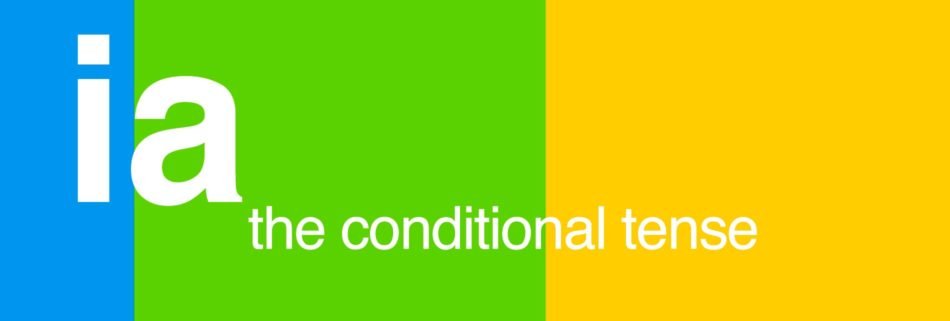Talking about what you would or were going to do is usually a fairly advanced grammar topic. It's called the preterite imperfect and we've covered it in an advanced post previously. But there is a hack* that you can use to say the same thing. And, you can use it in almost any situation! IA in Portuguese is one powerful "hack".
Placing the ia just before any verb changes it to: was going to so-and-so. I don't mean to discourage you from using the 'official' conditional tense, but this is totally fine and common way of expressing the same thing.
Let's do some examples using ia in Portuguese.
I was going to do THIS and I would do THAT.
That's why I'm encouraging you to use this quick and easy (and as I said: extremely regular) method for expressing the conditional mood - things that could or would happen.Another huge advantage is that you can avoid the verbs that are irregular in the conditional tense. For example:
Entendeu agora?
Let's try to say, I was going to go to the beach but it's raining.

 the Conditional in Portuguese
the Conditional in Portuguese  Imperfect Subjunctive + Conditional
Imperfect Subjunctive + Conditional
Comentários